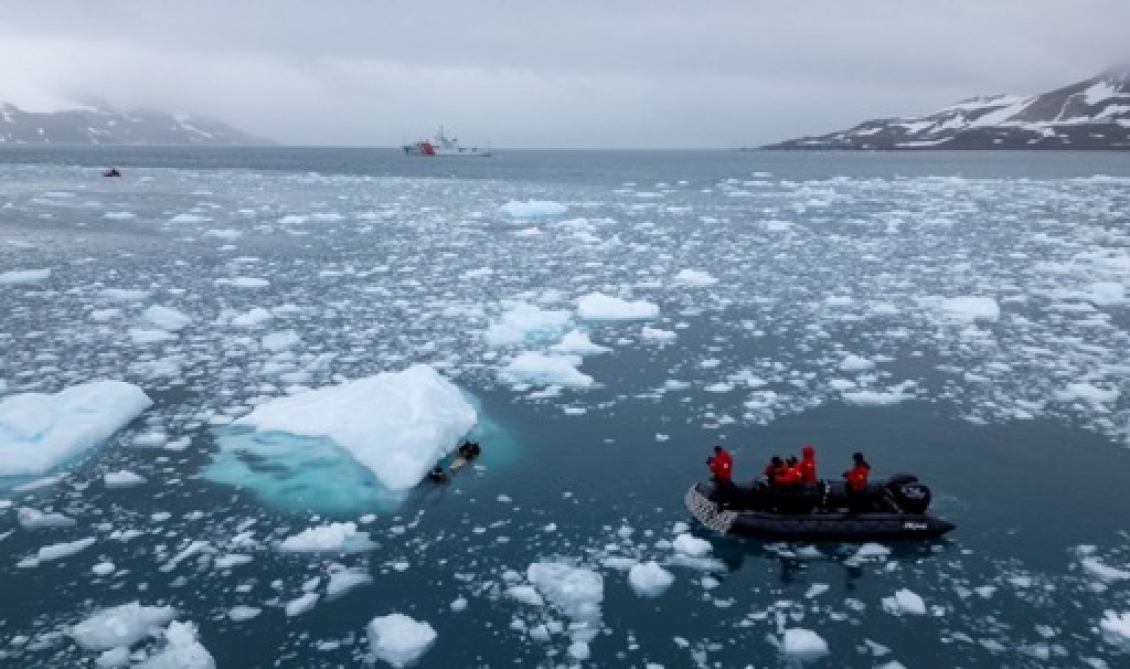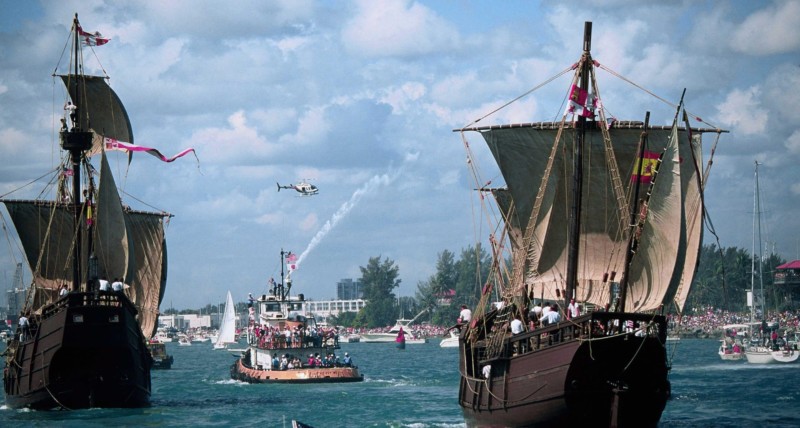The Weddell Sea Biodiversity and Ecosystem Change Observatory (WOBEC) project in Antarctica was launched on Tuesday in Germany, the Institute of Natural Sciences said in a press release. For three years, researchers from eleven institutes in eight countries (Europe and the United States) will map biodiversity and develop a strategy for monitoring changes in a marine protected area.
The largest coastal sea in the Southern Ocean, the Weddell Sea is “a hotspot for life in Antarctica”, due to its aesthetics and biodiversity, recalls the Institute of Natural Sciences. “This biological diversity is also the source of important ecosystem services, such as the storage of carbon in the deep sea by ice algae and the sinking remains of plankton,” explains Dr. Hauke Flores, marine biologist at the Alfred Wegener Institute (Germany) and project coordinator.
This ecosystem is threatened by climate change and the rapid decline of sea ice. To assess the ability of organisms in the region to adapt to changed environmental conditions, the Observatory will collect data and attempt to better understand the state of the living environment.
The project partners, carried out in cooperation with the Commission for the Conservation of Antarctic Marine Life (CCAMLR), will make results from their archives available. An expedition with the German icebreaker Polarstern, coordinated by the University of Rostock (Germany), is also planned for 2026. “Our goal is to create a long-term environmental monitoring strategy in the Weddell Sea, based on historical and current data, using autonomous observatories, satellite remote sensing and shipboard sampling,” summarizes Dr. Anton Van de Putte of the Institute of Natural Sciences and the Free University of Brussels, responsible for WOBEC data management.




